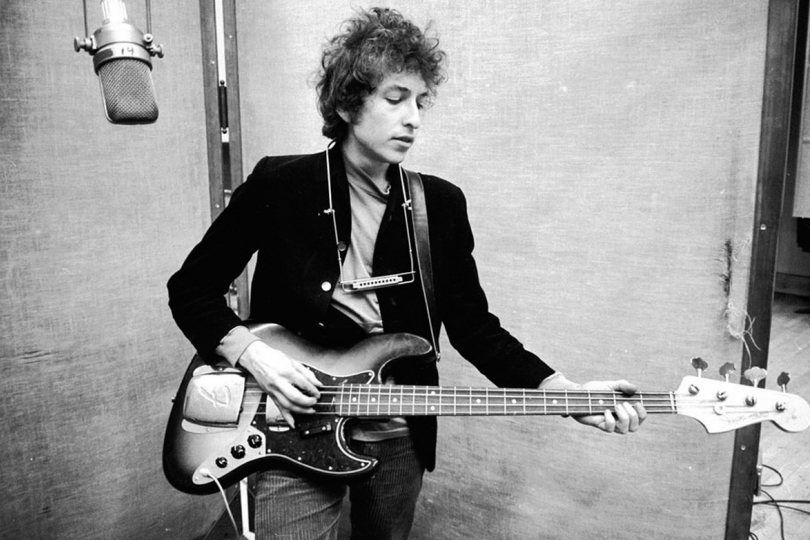
To What Instrument You Should Steer Your Children? Let Them Pick It!
The decision to introduce your child to a musical instrument is simple and straightforward. However, the following issues may not be so simple and straightforward at all. Already the very first question—what instrument to choose for your child?—can become quite complicated. It is, therefore, a good idea to think carefully about whether and how to steer the child to play an instrument.
There are about three basic ways to motivate a child to leisure activities. The first is pressure and coercion. This used to be standard in the days when daddy would unbuckle the belt after any minor setback, but today it is counterproductive, to say the least. Then there’s the “let’s see if he/she takes interest in playing” method, which doesn’t really lead anywhere. Either you and the kid are lucky and find some activity that is somewhat meaningful and appeals to them, or it’s hours on TikTok or a mobile phone gaming on a masterly level. The third way is probably the best but also has its pros and cons—it’s basically a combination of the previous two. Get your child to take as many activities as possible during the week and then wait to discover which of them succeed.
The pitfalls of this approach revolve a lot around freedom and responsibility. When an ambitious parent overloads a child with activities that they had wanted to succeed in, without any concern for the inclinations of the child, it can lead to problems. If you tell your son or daughter to choose among classical guitar, electric guitar, ukulele, lute, and bouzouki, you are not exactly giving them much choice. In short, you need to give them the freedom to choose and some general knowledge of instruments, and guide them with appropriate advice, because their freedom doesn’t mean you have to let them practice the bagpipes at home if you hate their sound (rightly so). It is also advisable to choose different activities, such as a musical instrument and some sport. The latter is also very important for children and, moreover, is a suitable counterpoint to musical endeavors. The time when music teachers told children “you can’t play sports, you’ll ruin your hands” is hopefully long gone. In fact, that very phrase ended the career of a little, hopefully talented, violinist, whose name you will find below the article.
Did you know that Marcus Miller originally played the clarinet?
Since the freedom to choose activities lies with the child, they must also show responsibility. This doesn’t necessarily mean that they needn’t be pushed to develop the necessary skills but that it is rather up to them to distribute their energies and decide how much effort they give to each activity. What no one can help you with is the needed balance between forcing them and a “wishy-washy” attitude. Balance is essential so that the child knows that they can decide to drop the activity they don’t enjoy at all or change it for another, but it also doesn’t mean that they can cop out of all of them if they feel like doing nothing at the moment. Ideally, they’ll come to what they’re good at and what they enjoy. The worst cases are the ones where the children devote 20 years to learning a musical instrument because they were forced to do so and finally, they find out they don’t enjoy it. Or they give it up outright rather than deal with their parents’ ambitions. Children should have both the freedom to choose and the boundaries that give them the security of parental guidance.
Even if you manage to maintain at least some balance, there is still no guarantee that your child will stick to music. Try to listen to them and possibly take other opportunities to help them in their relationship with the instrument. In fact, if the child can’t make up their mind about which instrument to choose, or if you feel that they enjoy the instrument and the reason they want to stop is different, try another teacher. A different approach can remind the child that they actually enjoy playing it. And if not, we should remember that music is about joy and fun. So that you don’t end up having to “play the damn fiddle” yourselves.
If you have found an error or typo in the article, please let us know by e-mail info@insounder.org.

